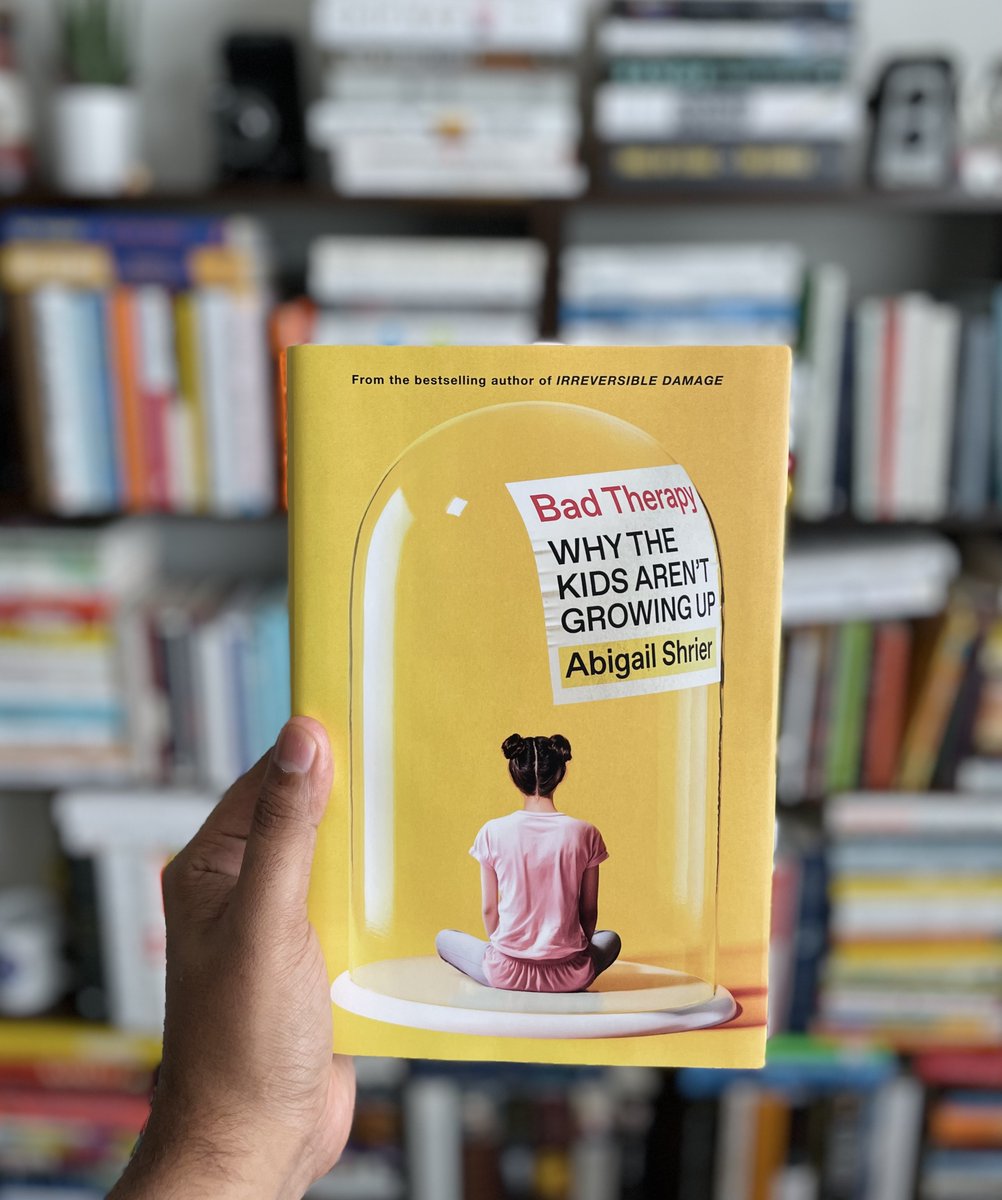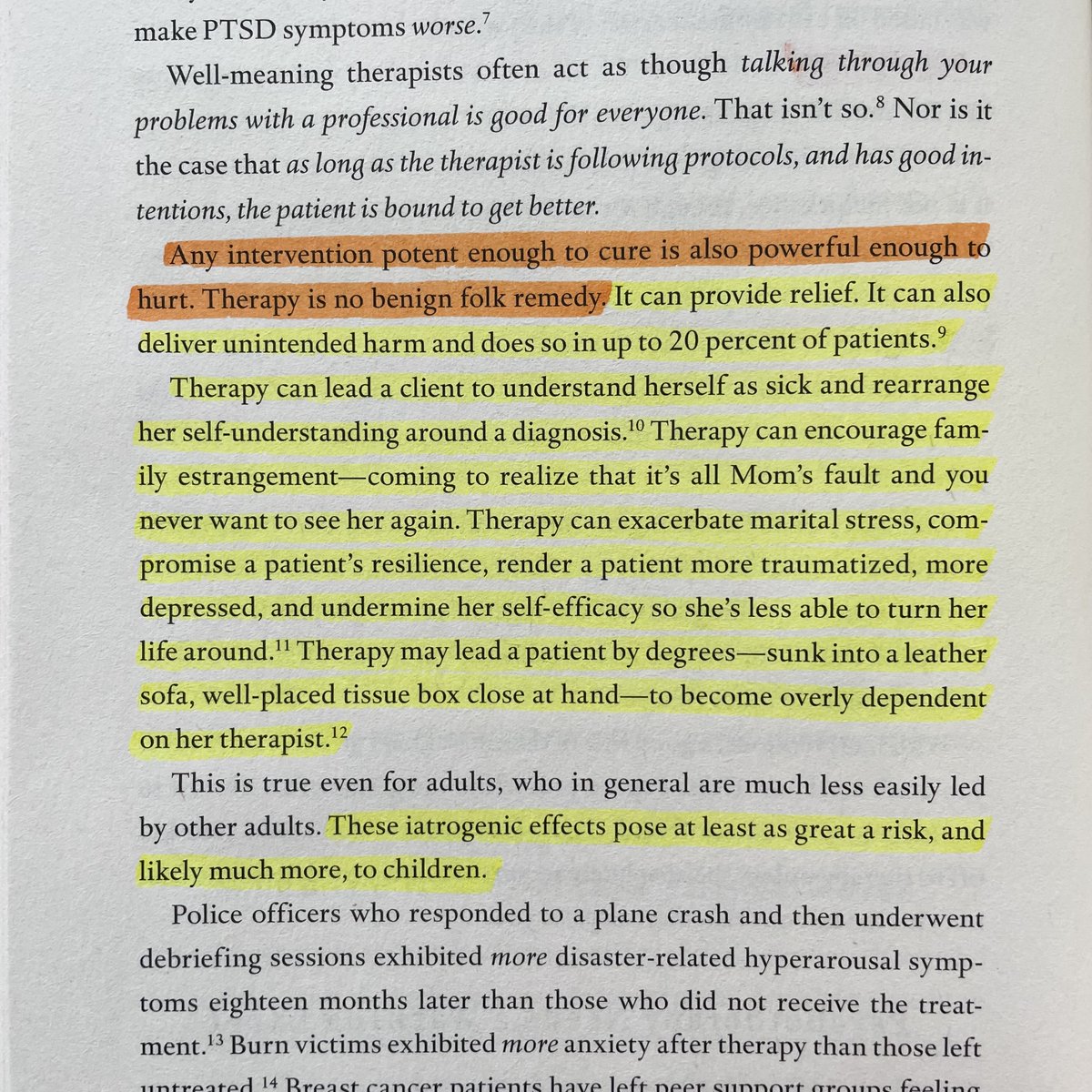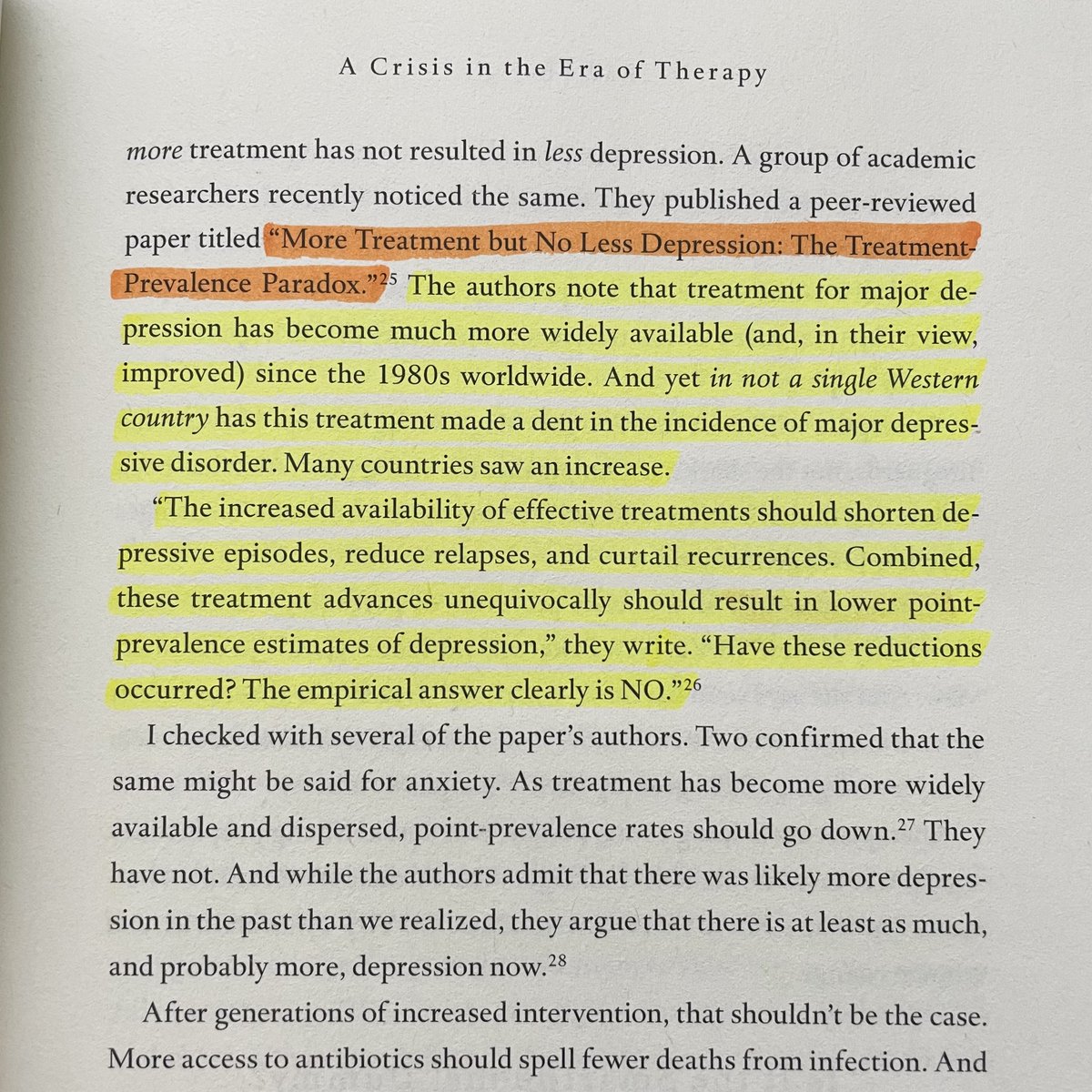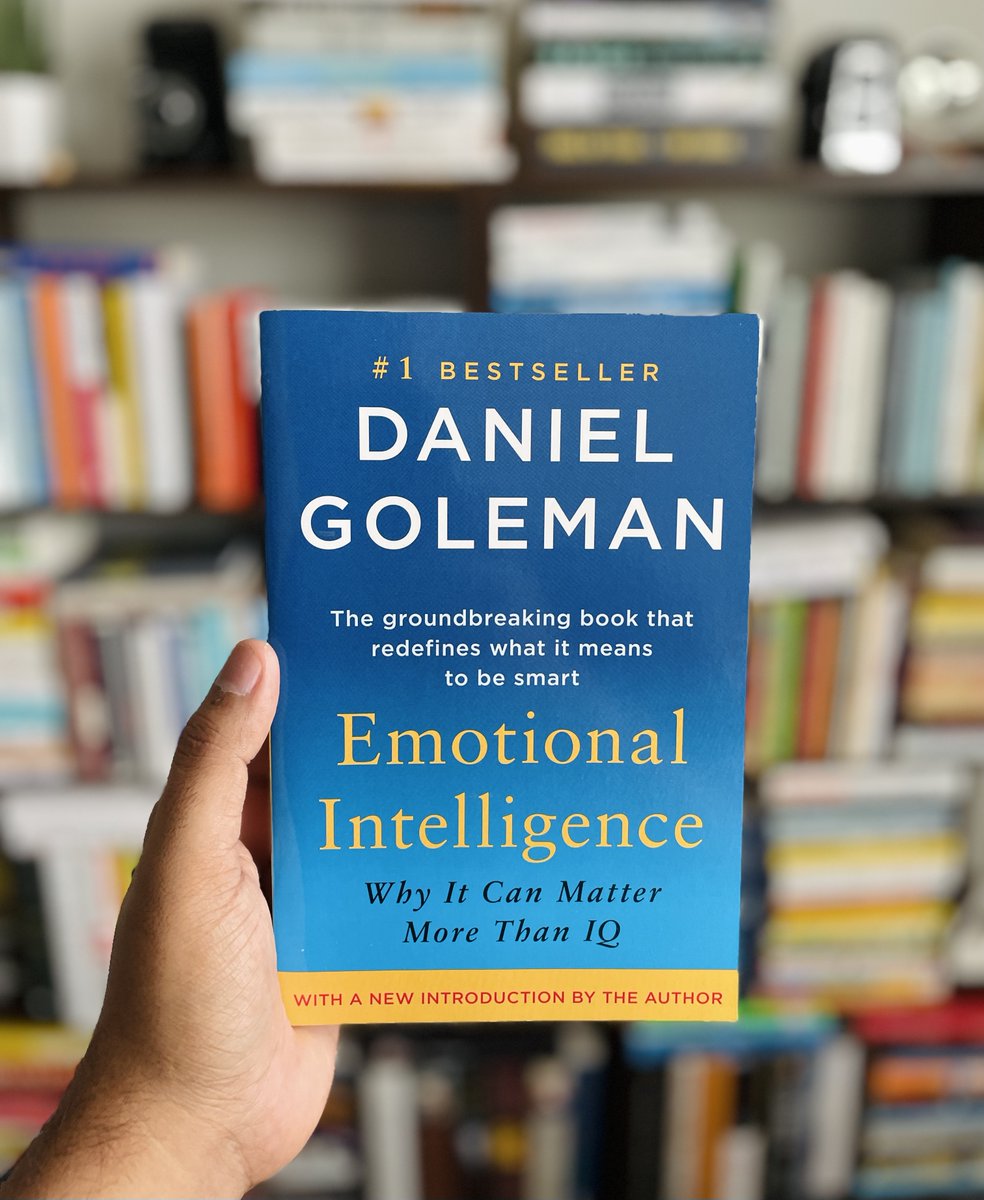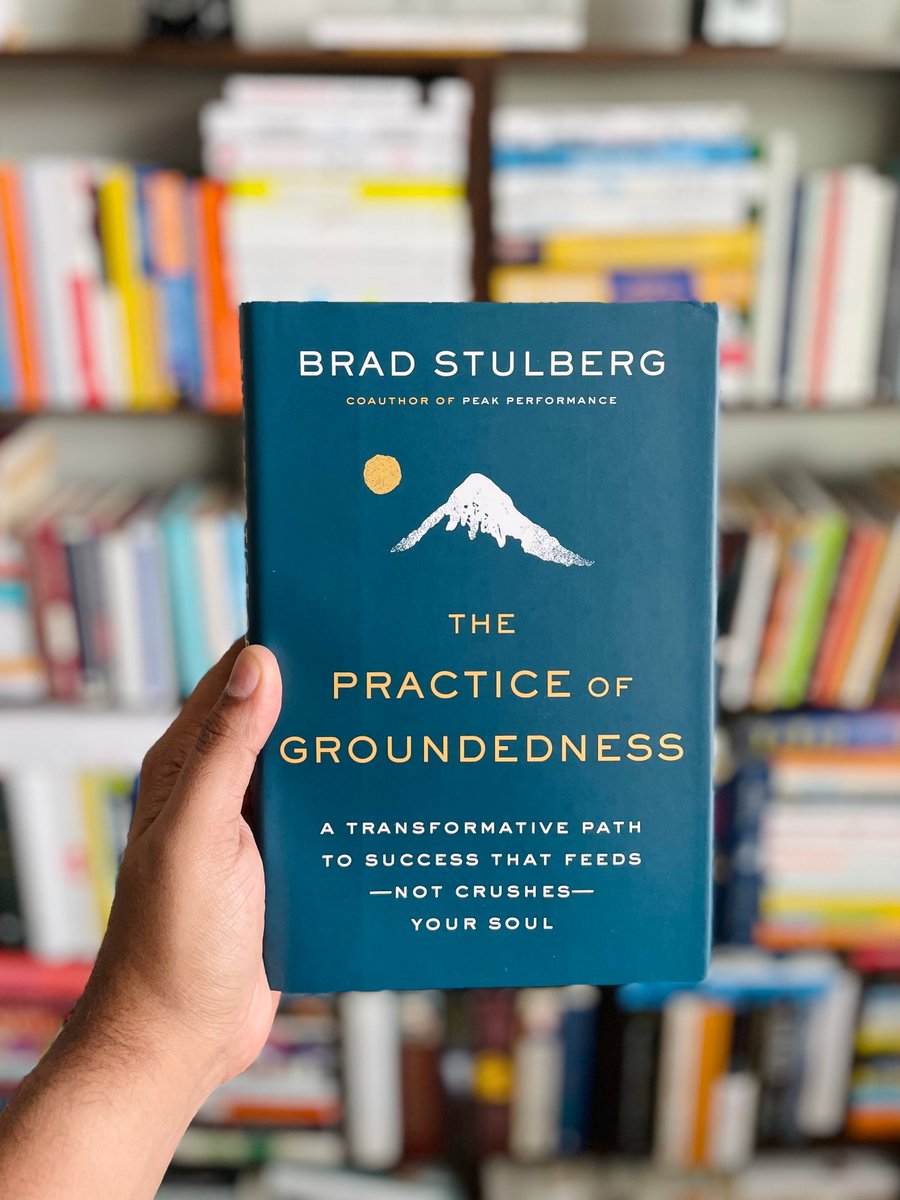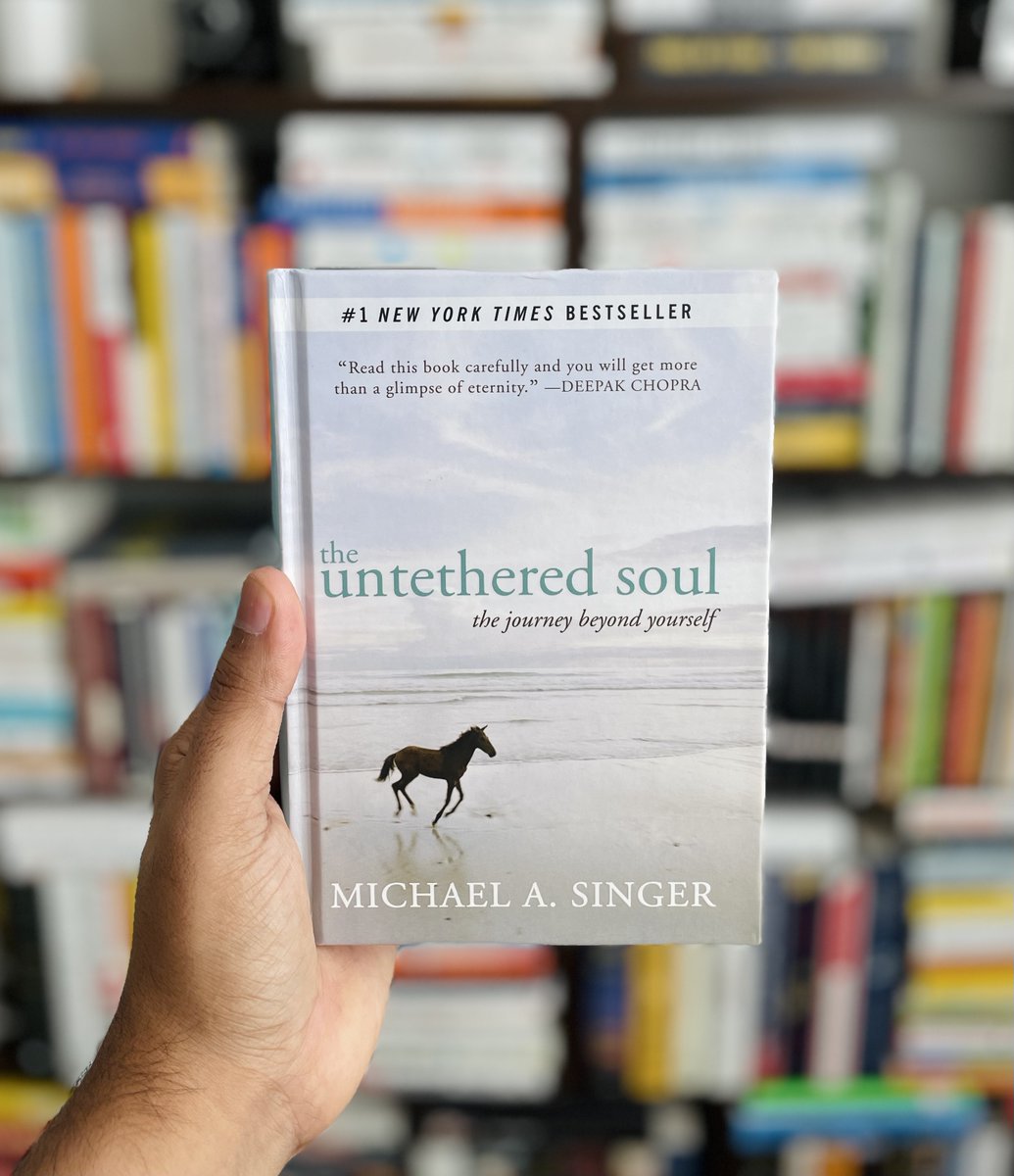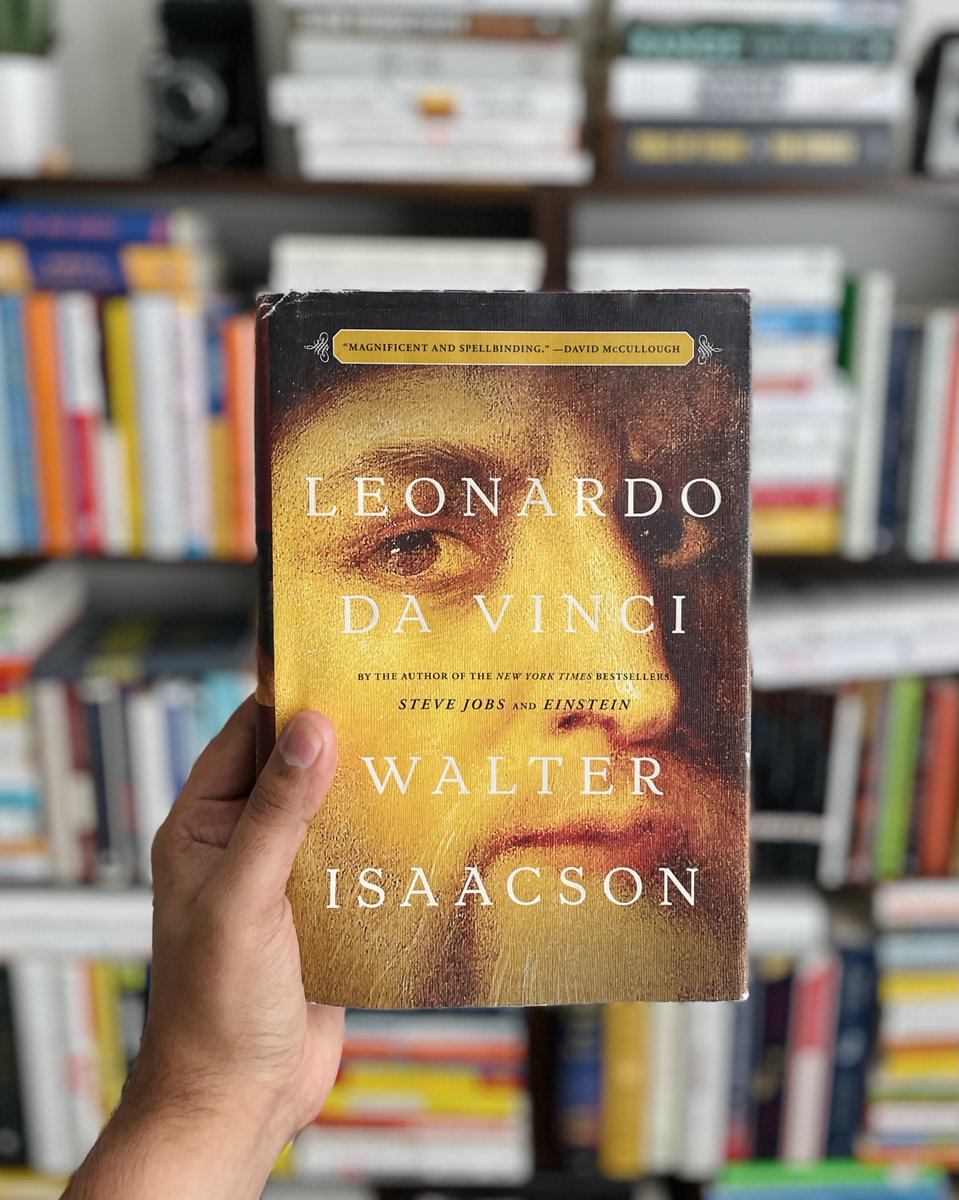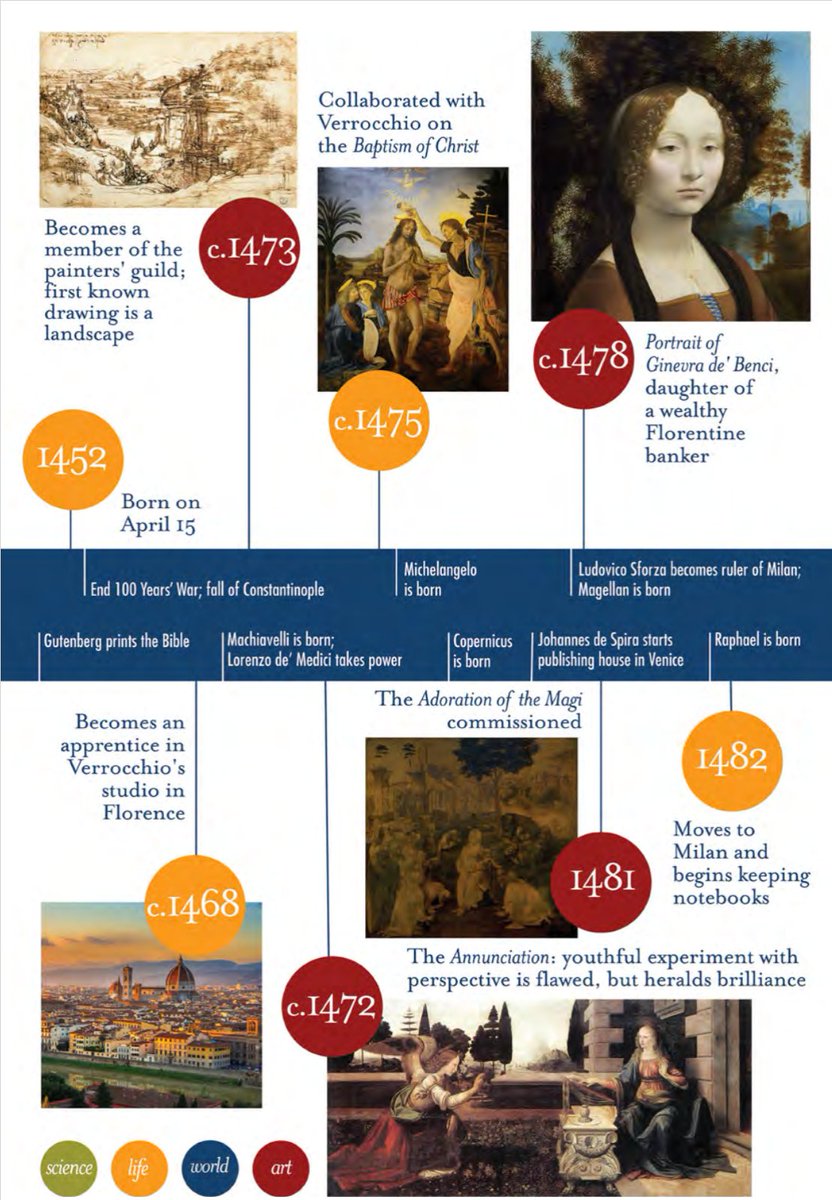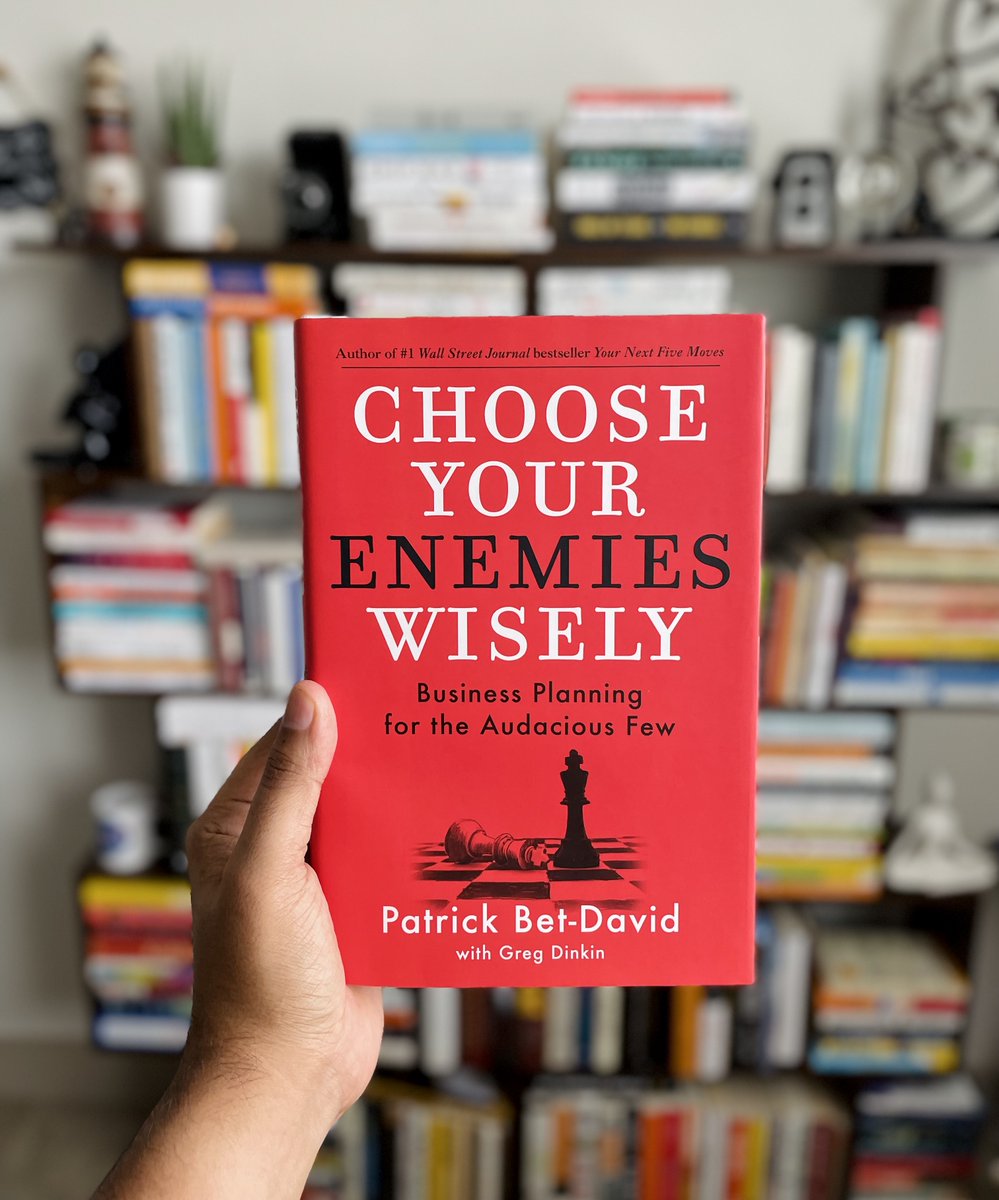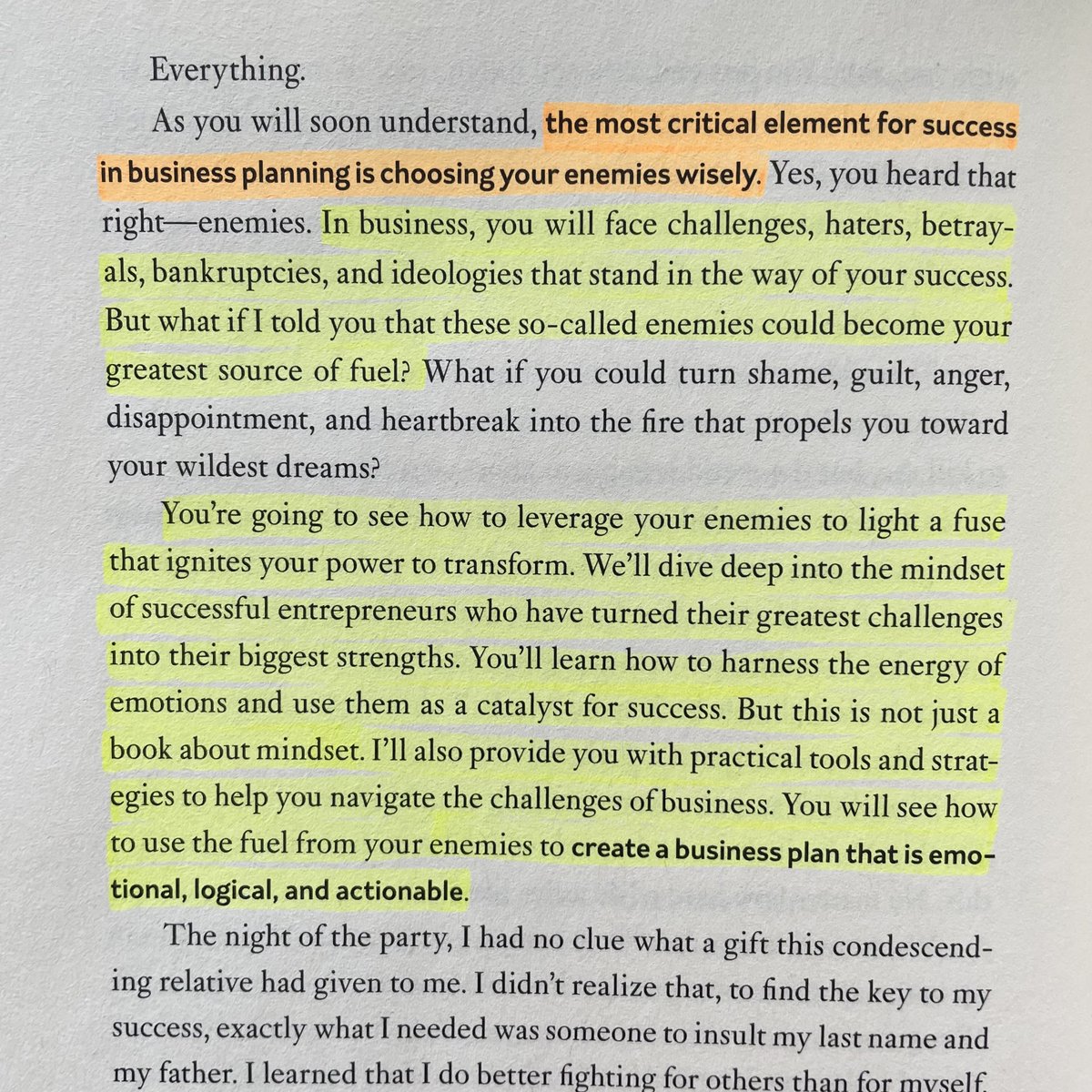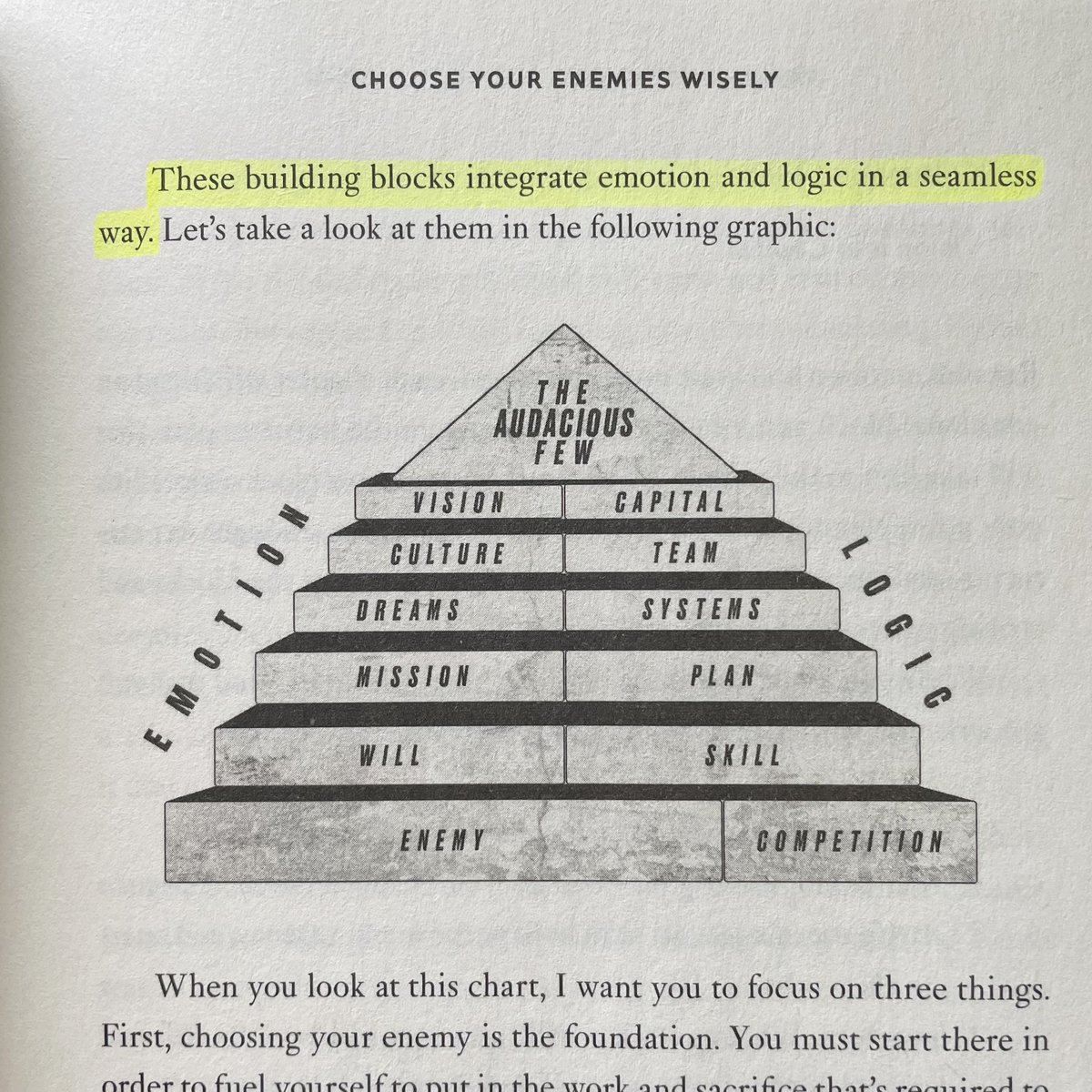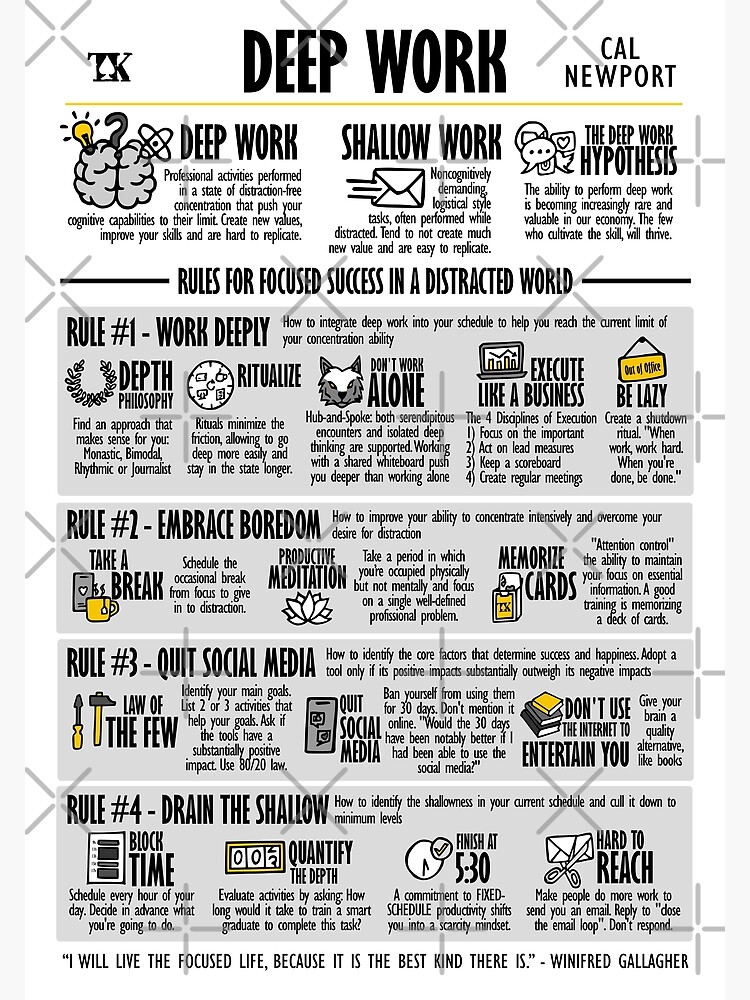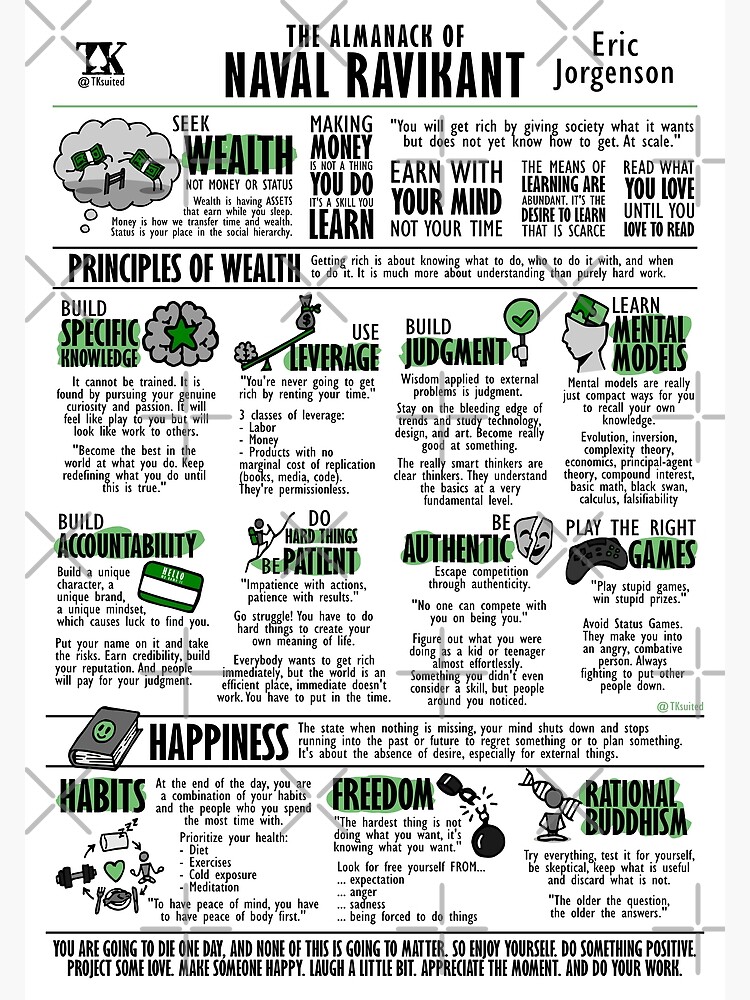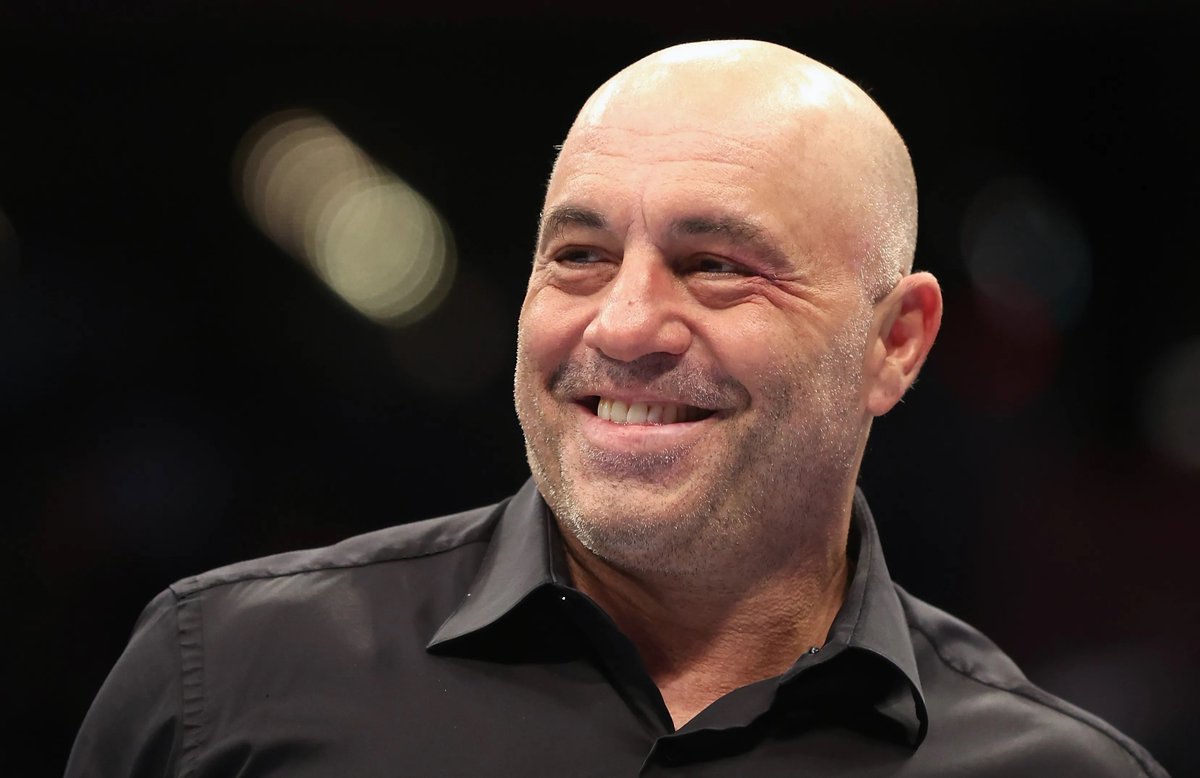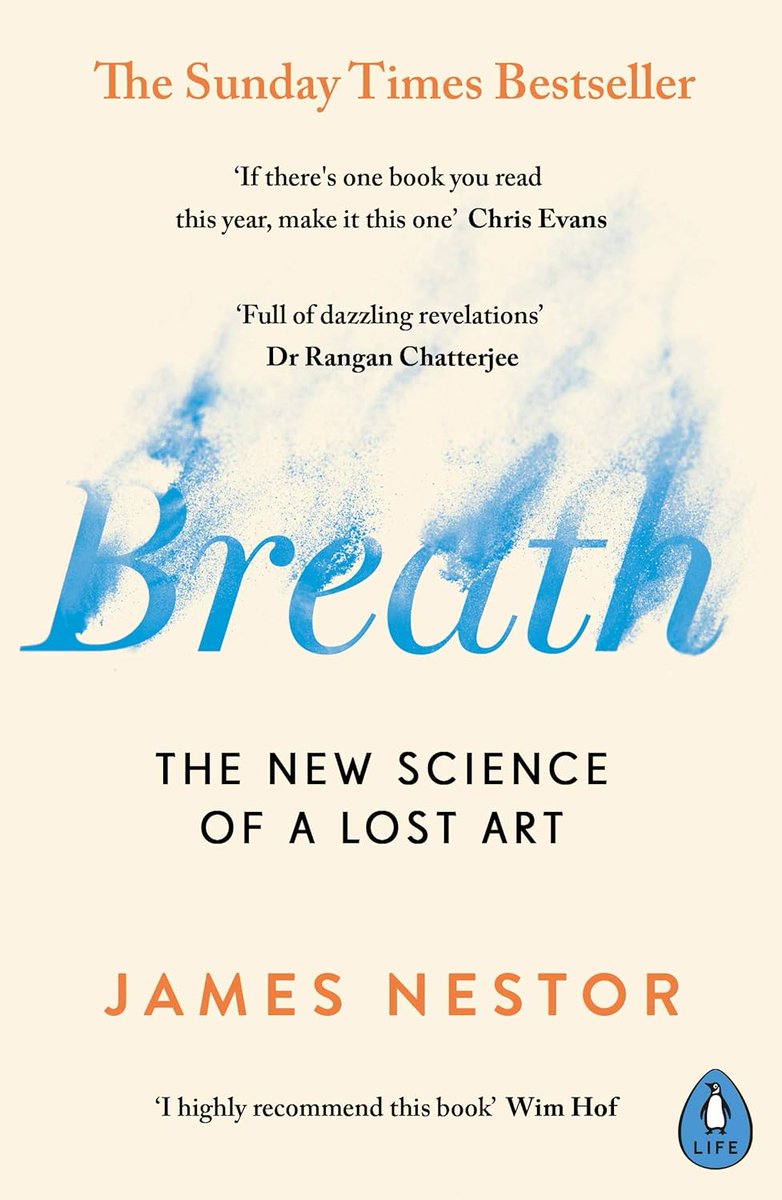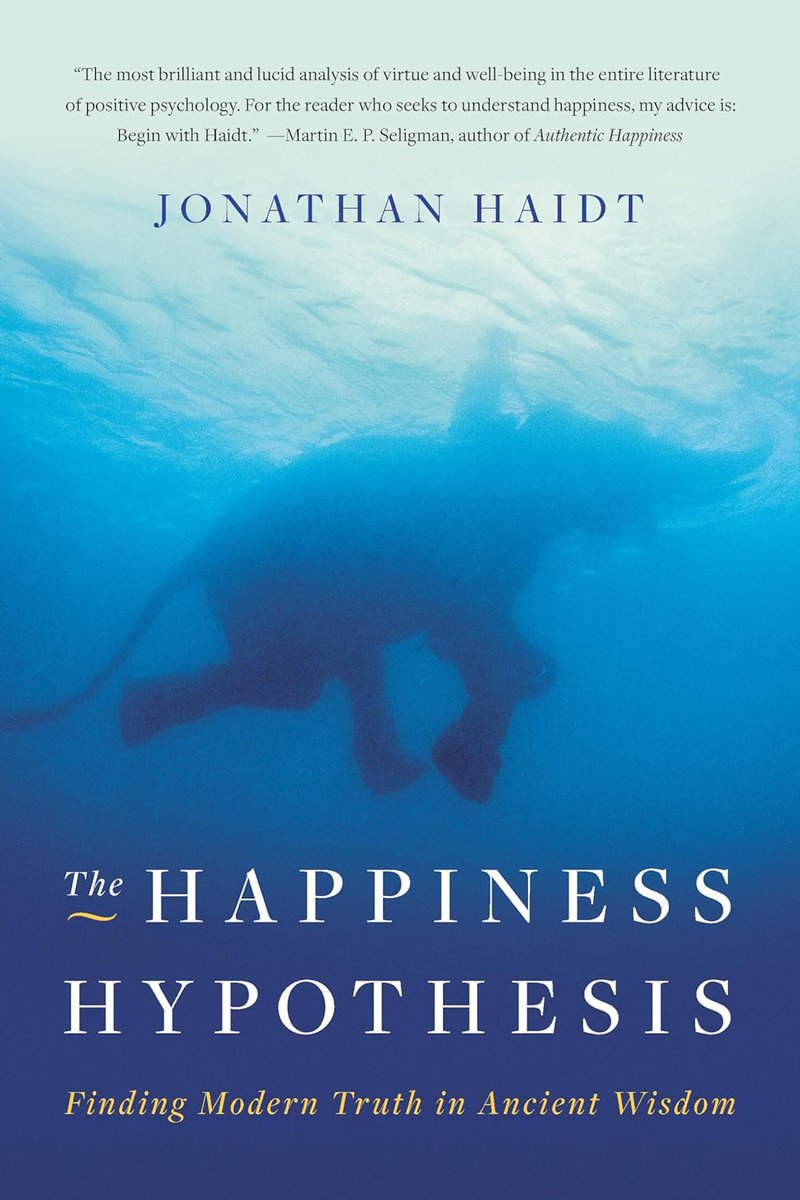15 Timeless wisdom on reading, learning and books by one of the greatest thinkers of our time, Naval Ravikant:
[A Thread] 🧵
[A Thread] 🧵
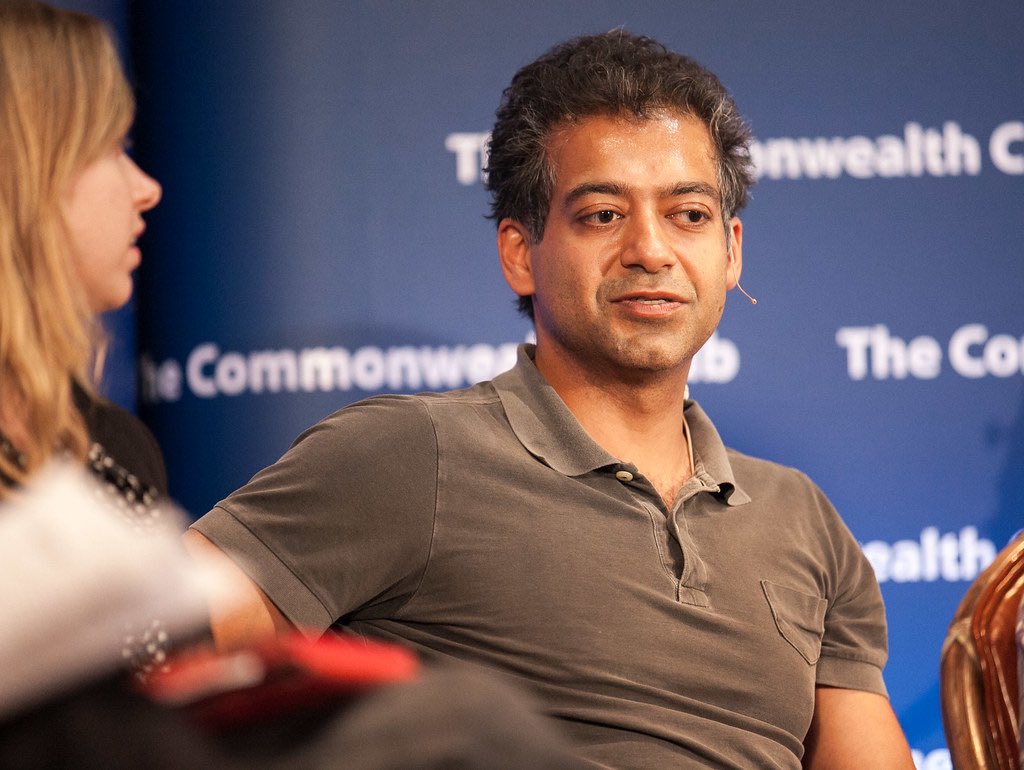
1) “Read what you love until you love to read.”
― Naval Ravikant
― Naval Ravikant
2) “Books make for great friends, because the best thinkers of the last few thousand years tell you their nuggets of wisdom.”
― Naval Ravikant
― Naval Ravikant
3) “Read a lot – just read. Reading science, math, and philosophy one hour per day will likely put you at the upper echelon of human success within seven years.”
― Naval Ravikant
― Naval Ravikant
4) “The means of learning are abundant – it’s the desire to learn that is scarce.”
― Naval Ravikant
― Naval Ravikant
5) “Read everything you can. Develop a love for it. There’s no such thing as junk. Just read it all.
Eventually, you’ll guide yourself to the things that you should and want to be reading.”
― Naval Ravikant
Eventually, you’ll guide yourself to the things that you should and want to be reading.”
― Naval Ravikant
6) “Reading a book isn’t a race—the better the book, the more slowly it should be absorbed.”
― Naval Ravikant
― Naval Ravikant
7) “I always spent money on books. I never viewed that as an expense. That’s an investment to me.”
― Naval Ravikant
― Naval Ravikant
8) “Read enough, and you become a connoisseur. Then you naturally gravitate more toward theory, concepts, nonfiction.”
― Naval Ravikant
― Naval Ravikant
9) “No book in the library should scare you...You should be able to take any book down off the shelf and read it. A number of them are going to be too difficult for you. That’s okay—read them anyway. Then go back and reread them and reread them.”
― Naval Ravikant
― Naval Ravikant
10) “It's not about ‘educated’ vs ‘un-educated.’
It's about ‘likes to read’ and ‘doesn't like to read.’”
― Naval Ravikant
It's about ‘likes to read’ and ‘doesn't like to read.’”
― Naval Ravikant
11) “Number of books completed is a vanity metric. As you know more, you leave more books unfinished. Focus on new concepts with predictive power.”
― Naval Ravikant
― Naval Ravikant
12) “The genuine love for reading itself, when cultivated, is a superpower.”
― Naval Ravikant
― Naval Ravikant
13) “When you’re reading a book and you’re confused, that confusion is similar to the pain you get in the gym when you’re working out.
But you’re building mental muscles instead of physical muscles. Learn how to learn and read the books.”
― Naval Ravikant
But you’re building mental muscles instead of physical muscles. Learn how to learn and read the books.”
― Naval Ravikant
14) “Any book that survived for two thousand years has been filtered through many people.
The general principles are more likely to be correct. I wanted to get back into reading these sorts of books.”
― Naval Ravikant
The general principles are more likely to be correct. I wanted to get back into reading these sorts of books.”
― Naval Ravikant
15) “I would rather read the best 100 books over and over again until I absorb them rather than read all the books.”
― Naval Ravikant
― Naval Ravikant
Thank you for going through the thread. Save for later!
Follow me at @readswithravi for more book learning, reviews, lessons and recommendations.
Retweet the first tweet so you can share it with others.
Follow me at @readswithravi for more book learning, reviews, lessons and recommendations.
Retweet the first tweet so you can share it with others.
https://twitter.com/readswithravi/status/1779708524706025529
• • •
Missing some Tweet in this thread? You can try to
force a refresh


